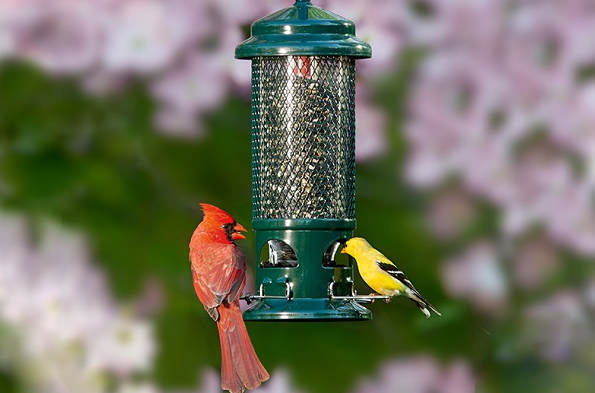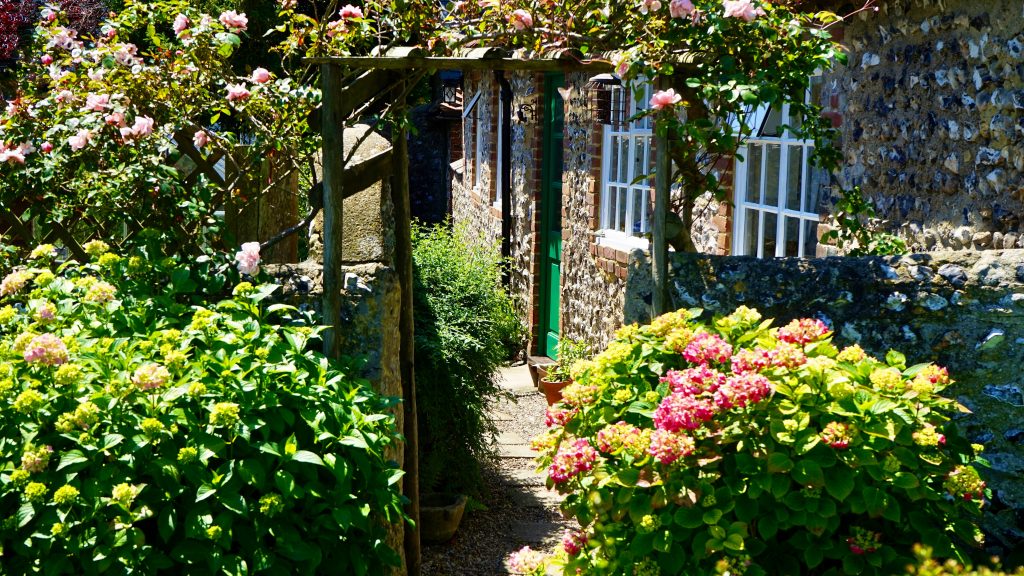Even if the spring migration is now over, you might want to consider turning your backyard into a safe and friendly environment for birds. Nothing beats the wonderful chirping you can hear every morning while enjoying your coffee, right? So, to make sure that the birds that visit your yard are kept healthy and happy, we made a list of tips and tricks you might want to bear in mind.

Food and water
One thing that you will need to make sure that you supply plenty of nutrients to the birds is a bird feeder. Finding one that can also repel pest is somewhat difficult, so you will have to make an effort and install it in places where baby squirrels can?t reach it, for example.
Of course, these animals might not really care for tiny seeds, but they might like the bigger ones. And if the food you buy for your birds also contains pieces of nuts and fruit, it?s going to be targeted by a lot of squirrels. But there are many variations when it comes to the design of bird feeders, so some of them can even be glued to your window, not just hung on a tree branch.
Water is very important, so make sure you replenish it every day. In fact, many people forget all about it, but dehydration is a serious medical condition, and it can affect birds, too, especially in times of drought.

Try growing local plants
The reason for this is that exotic plants can affect the natural ecosystem through things you might have not even considered. For example, did you know that some insects naturally prefer the plants that grow in the area you live? And there are birds that feed on them specifically.
For the sake of argument, let?s say you brought a super resilient plant and planted it in your garden and it spread out like wildfire. If it?s really invasive, it will take up the space that could have been used by other local plants. Besides, maybe the insects won?t prefer it, and so the birds won?t have anything to eat.
Shelter
At one point or the other, the birds will likely want to take cover either from the elements or from predators. There are several easy means of turning your yard so that you offer the little fliers just the protection they require. The best, however, is some shrubbery, especially the dense kind as it will be useful both against the weather and against any predators.
Finally, we would like to advise you against using toxic pesticides. If you can use any kind of natural or organic insecticide, particularly those derived from plants, do that. You don?t want to poison the birds by accident, do you?



